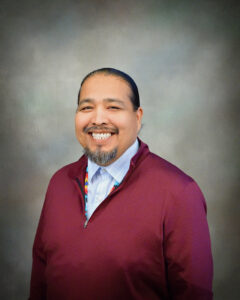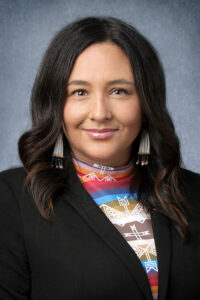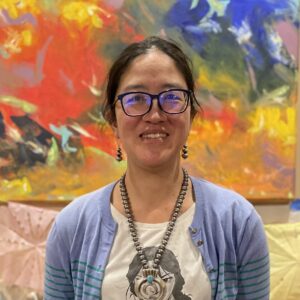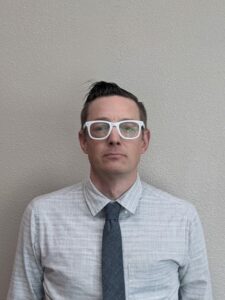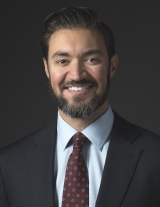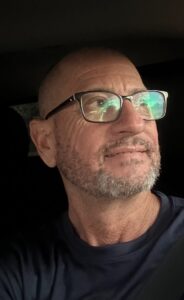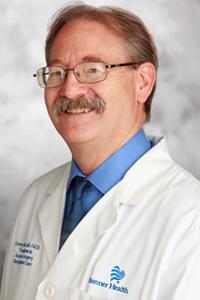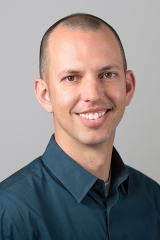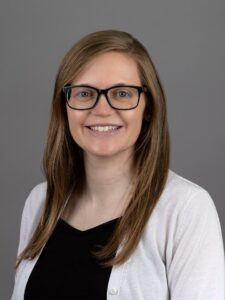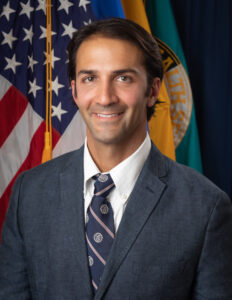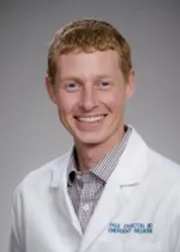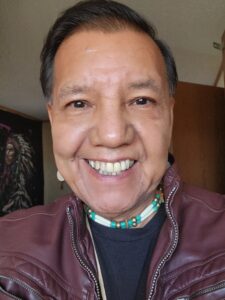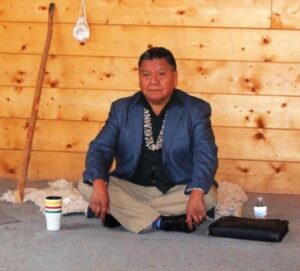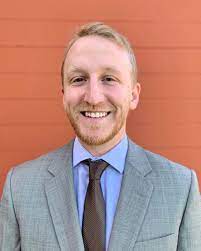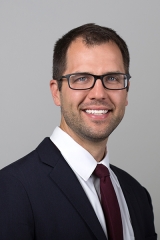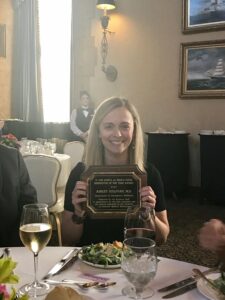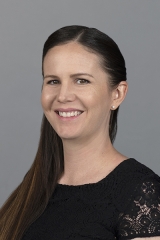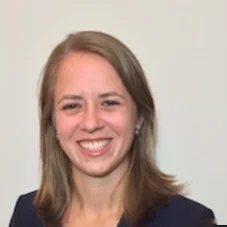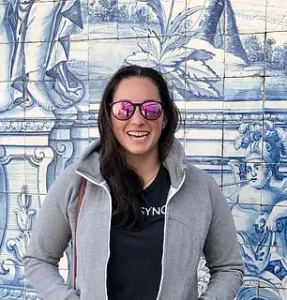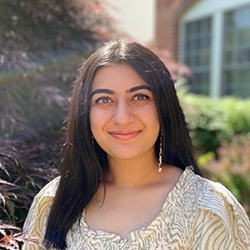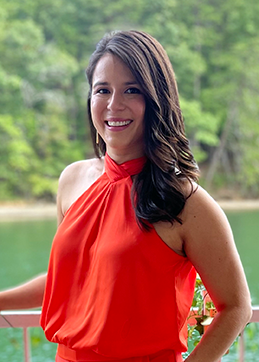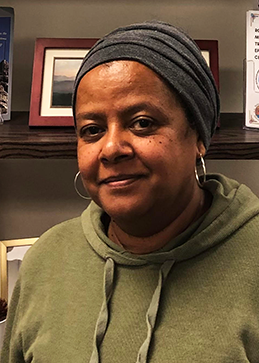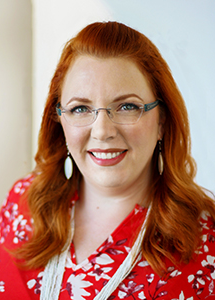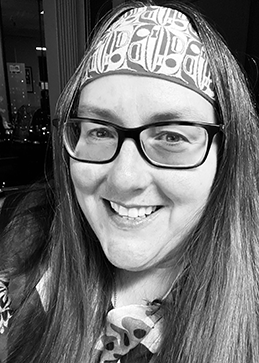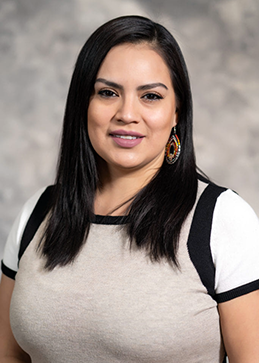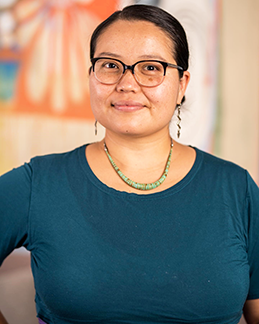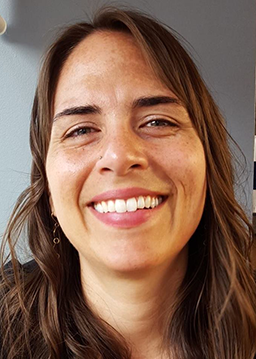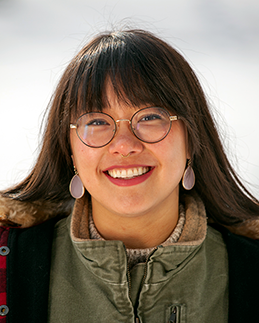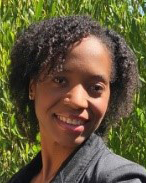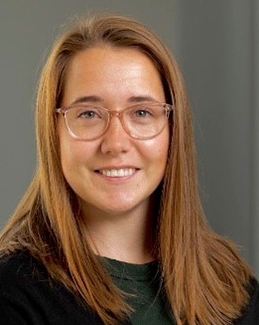A Peer Program Leading the Way
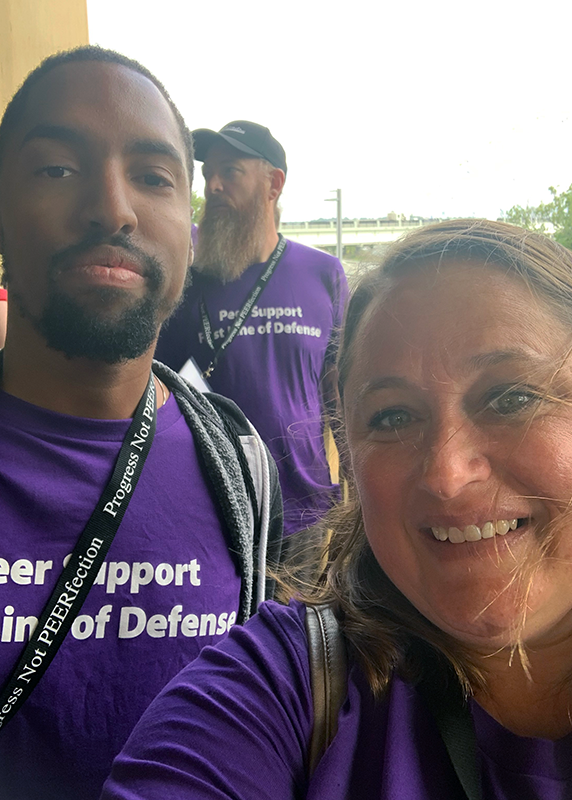
In just four years, staff at the Oklahoma City Indian Clinic (OKCIC) have built a successful Peer Recovery Program that meets the needs of clients recovering from substance use disorders (SUDs). With two full-time Peer Recovery Support Specialists, who each see about 30 clients a month, OKCIC has become a leader in harm reduction-based peer support.
“As a person in recovery, I can 100% relate to my clients’ struggles because I’ve been there,” said Misty Bryant, a Peer Recovery Support Specialist who has worked at OKCIC for over two years. As a person with lived experience with substance use, Misty, like other Peer Recovery Specialists (“Peers”), is able to offer non-judgmental, holistic support to clients experiencing SUDs.
Before joining OKCIC, Misty worked at Hope Community Services, a non-profit outpatient mental health center. There, she linked clients experiencing SUDs to various medical and support services, including housing, food, transportation, and employment. In this role, Misty learned about the wide variety of resources available across the city- valuable knowledge she brings to her current clinic-based position at OKCIC.
Building a Peer Program
Before 2019, OKCIC’s Behavioral Health Department only had a few staff, including a few therapists, as well as a psychiatrist who directly addressed the needs of clients experiencing SUDs. The department’s director, Misty Gillespie, worked to change that.
Since 2019, the department has expanded its staff and program offerings to better support clients with SUDs. Staff now include two additional psychiatrists, program coordinators, grant managers, a domestic violence advocate, several family medical therapists, as well as front desk support personnel.
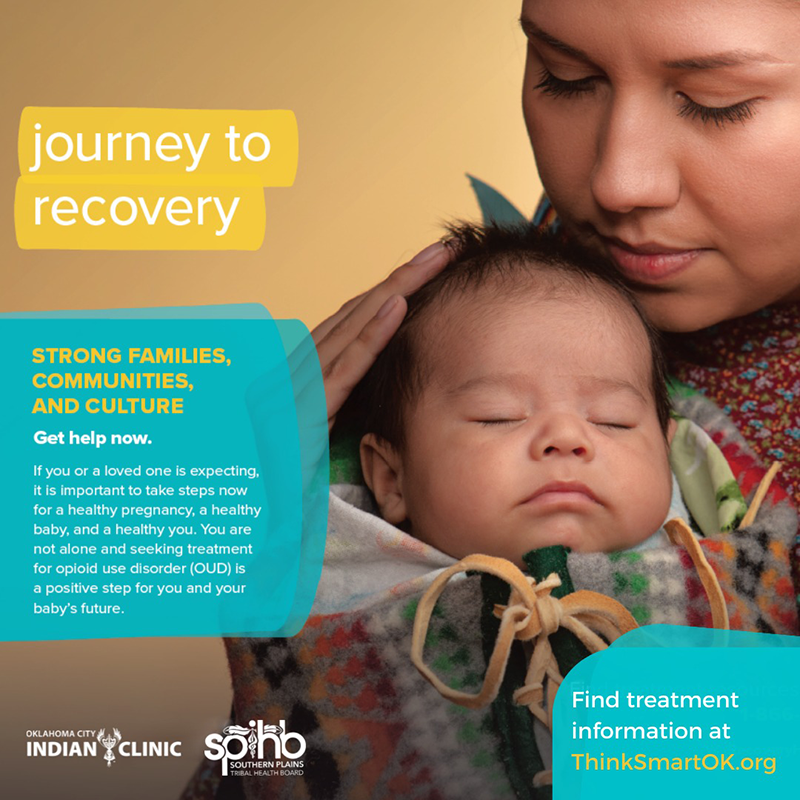
Today, the program takes an interdisciplinary approach that is tailored to the unique needs of each client. According to Misty, all clients are screened for substance misuse at OKCIC, and many are referred to the Peer Program via primary care and via OKCIC’s Medication-Assisted Treatment (MAT) Program.
If clients choose to participate in the Peer Program, they meet with a Peer about once a week. During these meetings, Peers seek to learn where the client is at and what they need. Then, Peers work to connect clients with appropriate medical and social support services available within the clinic and community. They also share advice with clients based on their own recovery journey, and offer self-care tips, advice for setting healthy boundaries, and strategies for preventing relapse.
Using a Harm Reduction Approach
“Our program uses a care philosophy that focuses on harm reduction. So, I work to meet clients where they’re at,” said Misty. “For example, instead of telling clients to stop using substances, I provide recommendations to keep them safe if they choose to continue to use. And, if they are interested and only if they are interested, I help them decrease their use.”
In addition, the OKCIC Peer Program and Behavioral Health Department offer Narcan, a drug used to reverse an opioid overdose, and fentanyl test strips, used to test drugs for fentanyl. According to Misty, “Any client can come in and get these supplies. The Pharmacist is often the staff person who teaches clients how to use them. But Peers also distribute these tools and train people on their use.”
A Team Effort
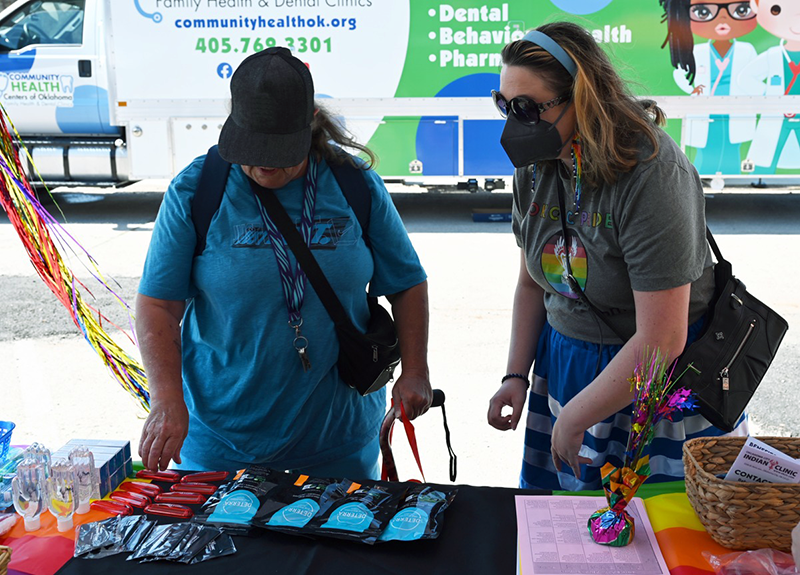
Typically, clients who see a Peer Recovery Specialist at OKCIC also concurrently attend appointments with a licensed therapist and/or psychiatrist. They also continue to have regular visits with their primary care provider. To coordinate patient care and ensure that the varied needs of each client are being met, members of the patient care team gather weekly to discuss each client’s progress, any concerns, and how to address these concerns. Doing so helps ensure clients’ needs are being met. It also helps providers catch any issues early on and adjust clients’ plan of care if needed.
Successes of the Peer Program
Many individuals have benefited during the four years the Peer Program at OKCIC has been in place. According to Misty, “people continue to show up to their appointments. I have seen so many transformations. I’ve seen substance use decrease and families get reunited… You see how their lives have changed, how their self-esteem improves, how they view themselves. It’s amazing.”
To expand upon these wins, the Peer Program at OKCIC is currently developing a peer support group called the Medicine Wheel, a compenent of the Wellbriety Movement. Misty is also developing a series of patient education handouts on substance use safety for clients and community members.
Connection to ECHO
Misty actively participates in the Peer Recovery ECHO sessions hosted by the Southern Plains Tribal Health Board, and she has presented a patient case during one session. “It’s nice to connect with other Peers through these sessions,” stated Misty. “I receive input on what other Peers are doing and have been able to better help my clients based on their approaches. Plus, it’s a safe and judgment-free zone.”
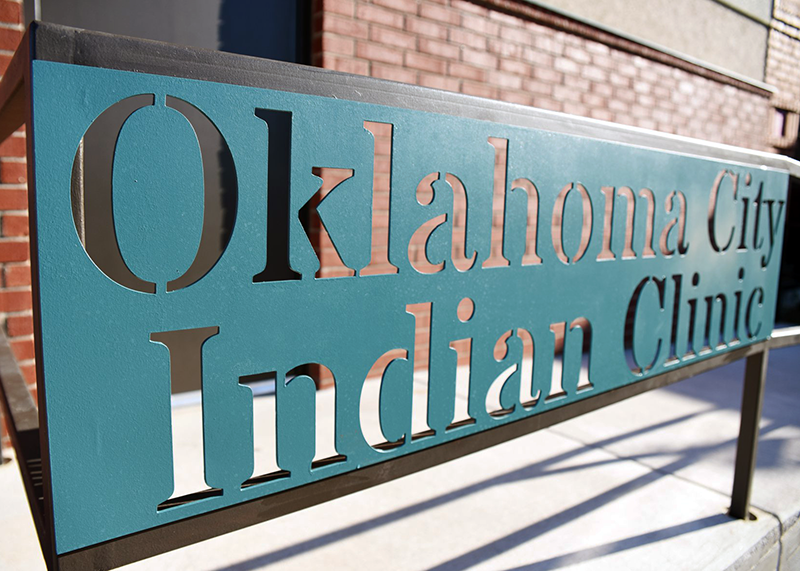
Learn more
If you’re a Peer Recovery Specialist and would like to learn what others are doing to support clients with SUDs, consider joining the Peer Recovery ECHO sessions. During these sessions, you can present cases, receive recommendations from specialists, engage in didactic sessions, and become part of a learning community dedicated to providing clients with SUDs the care and resources they need to thrive.
